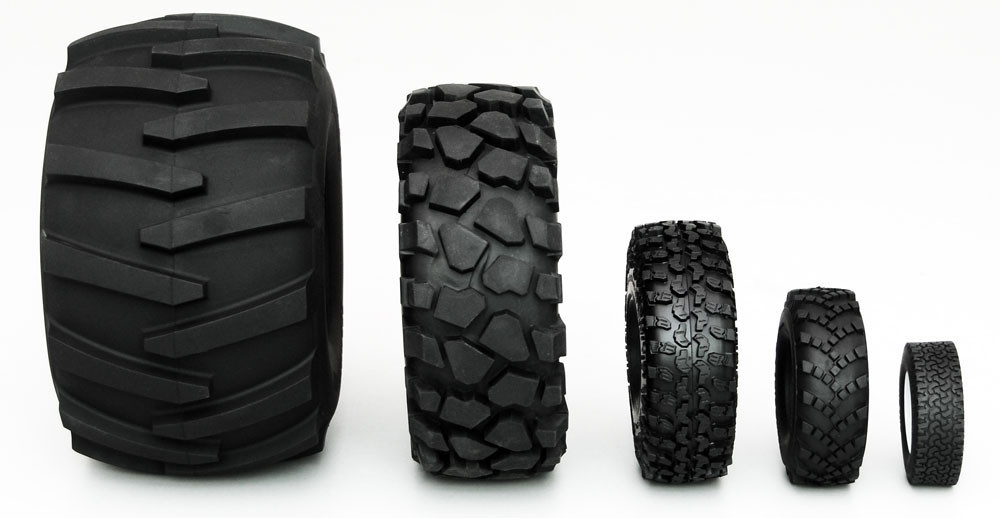
The Canadian Council of Ministers of Environment (CCME) is the minister-led intergovernmental forum for action on environmental issues of national and international concern. Its Waste Management Task Group works with stakeholders to achieve greater consistency on key elements of Extended Producer Responsibility (EPR) and product stewardship programs across Canada.
The CCME recently completed a benchmarking study of current requirements for several Canadian EPR and product stewardship programs, based on provincial and territorial regulations. The study focused on four elements:
- Lists of designated products and materials
- Definitions for stewards/obligated producers
- Program monitoring and reporting metrics (non-financial)
- Auditing protocols (financial and non-financial)
The objectives of the study were to document the Key Consistencies and Key Inconsistencies amongst the Canadian programs for tires and several other wastes: household hazardous and special wastes; waste electronics and electrical products; packaging and printed paper; beverage containers; used lubricating oils and products; antifreeze; and lead-acid batteries.
On behalf of its Provincial/Territorial members, CATRA provided input to the CCME study for tires. The study’s findings were as follows:
Tires - Key Consistencies
- Excellent coverage for regulated programs diverting used tires in all ten Provinces and one Territory
- Most regulated programs require annual performance reporting to the Province
- All but two regulated programs require financial auditing for tires (1)
(1) CATRA: This CCME finding was based on their document review only and does not reflect that Quebec’s program is audited annually by the provincial auditor.
Tires - Key Inconsistencies
- Definitions for tires vary across jurisdictions
- Approximately half of jurisdictions include a broad range of “other” types of tires
- There are differences in the definitions of steward
- Only two jurisdictions specifically obligate the first person who imports or supplies the tire into the jurisdiction (2)
- There are a wide variety of performance monitoring requirements in place
- The non-financial and financial auditing requirements appear to be highly varied.
(2) CATRA: While not necessarily articulated in regulation, all programs are structured to capture eco-fees on new tires that enter their jurisdictions.
The CCME’s list of inconsistencies was reviewed by CATRA’s Standardization Committee, comprising representatives of several Canadian jurisdictions with tire recycling programs. The Committee fully supports program consistency but believes it must be coupled with the ability to accommodate jurisdictional variations, and potentially ongoing adjustments, making standardization through regulation cumbersome if not impossible.
CATRA was asked to provide recommendations based on the CCME report findings. Rather than propose regulatory standardization of any of the four elements reviewed, the Committee recommended that regulations be modified, as needed, to convey more flexibility for decision-making to the stewardship organizations, e.g.:
- Governments should be encouraged to provide general direction in program regulations and not be overly specific or prescriptive through regulations.
- Regulations should identify broad objectives, e.g. to divert 100% of scrap tires, and direct the stewardship organizations to develop program plans with supporting controls (audits) and regular reporting.
Greater flexibility in regulations would allow the stewardship organizations to work together to increase harmonization not only in the four elements addressed in the study, but in other areas that may be determined advantageous.
In addition to benefits to the stewardship organizations, increased regulatory flexibility would also provide value to provincial, national or international stakeholders in areas that include:
- The flexibility to standardize tire definition terminology, and to modify/enhance those definitions as needed, would benefit manufacturers/producers/retailers that operate nationally or in more than one province, helping to avoid incorrect applications of the varying eco-fees.
- The flexibility to allow each jurisdiction to decide which tire types to include could encourage the establishment of regional processing centres in the West and Atlantic Provinces, providing economies of scale and lower cost. Some tire types can require special processing equipment which can be expensive to purchase and operate (e.g. Off-the Road tires), and there may be insufficient volumes of those tire types to warrant processing within their own jurisdiction.
- The flexibility to define some key performance reporting elements (e.g., tire sales, tire collection rates, number of tires recycled), and to re-define those elements as needed, would result in more meaningful reporting, both internally and externally. This would include responses to national and international inquiries for an overall view of tire recycling in Canada.
The CCME is currently reviewing the recommendations from CATRA and the other waste sectors included in the study. Any planned actions by the CCME as the result of CATRA’s recommendations will be updated on the CATRA website as they are known.
